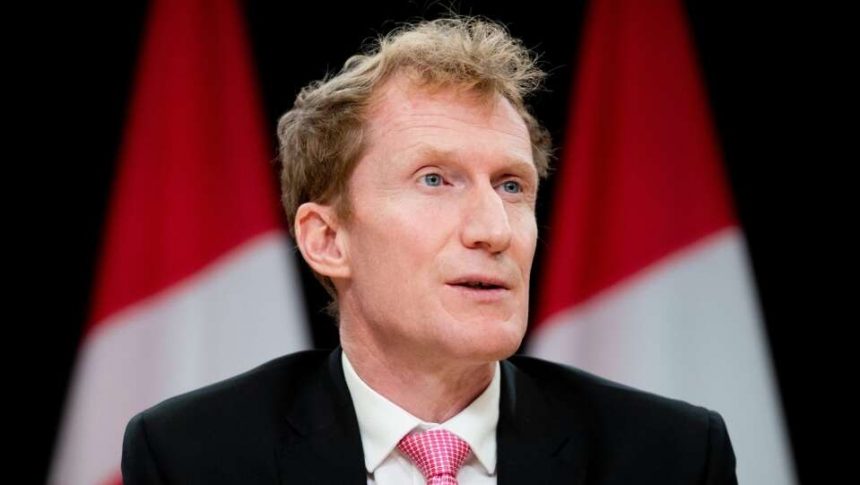Canada, a once-welcoming haven for international students, has sent shockwaves through the education sector with the announcement of a two-year cap on study permits.
The move, aimed at easing pressure on housing and social services, is facing criticism from universities, international students, and education advocates.
The cap will see a 35% reduction in new study permits in 2024, bringing the total down to 364,000 from the nearly 560,000 issued last year. The measure is temporary, but its impact is projected to be significant.
Immigration Minister Marc Miller cited concerns about “exploitative” institutions offering “sham” degrees, along with pressure on housing, healthcare, and other resources, as reasons for the cap.
He emphasized the need to maintain “program integrity” and a “sustainable level” of international students.
“It’s unacceptable that some private institutions have taken advantage of international students by operating under-resourced campuses, lacking support for students and charging high tuition fees all the while significantly increasing their intake of international students.
“To be absolutely clear, these measures are not against individual international students.
“They are to ensure that as future students arrive in Canada, they receive the quality of education that they signed up for and the hope that they were provided in their home countries,” Miller said.
The announcement caught many universities off guard, with some fearing a decline in revenue and international diversity.
Critics argue that the cap will harm Canada’s reputation as a welcoming destination for top talent, hindering its long-term economic and cultural benefits.
International students themselves expressed anxiety and uncertainty. Many had already made plans to study in Canada and are now scrambling to understand the implications of the cap.
Concerns about lost opportunities and disrupted educational plans are widespread.
Education advocates warn of potential unintended consequences, including a shift towards wealthier students who can afford private education options within the quota. They also urge the government to focus on addressing the root causes of housing and service pressures, rather than targeting international students.
The debate is likely to intensify in the coming months, with universities, student groups, and policymakers seeking solutions to address the concerns of both Canadians and international students.
The Canadian government has promised to review the policy in 2024, leaving open the possibility of adjustments, but for now, uncertainty hangs heavy over the future of Canada’s international student program.




 Premier League
Premier League